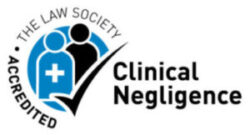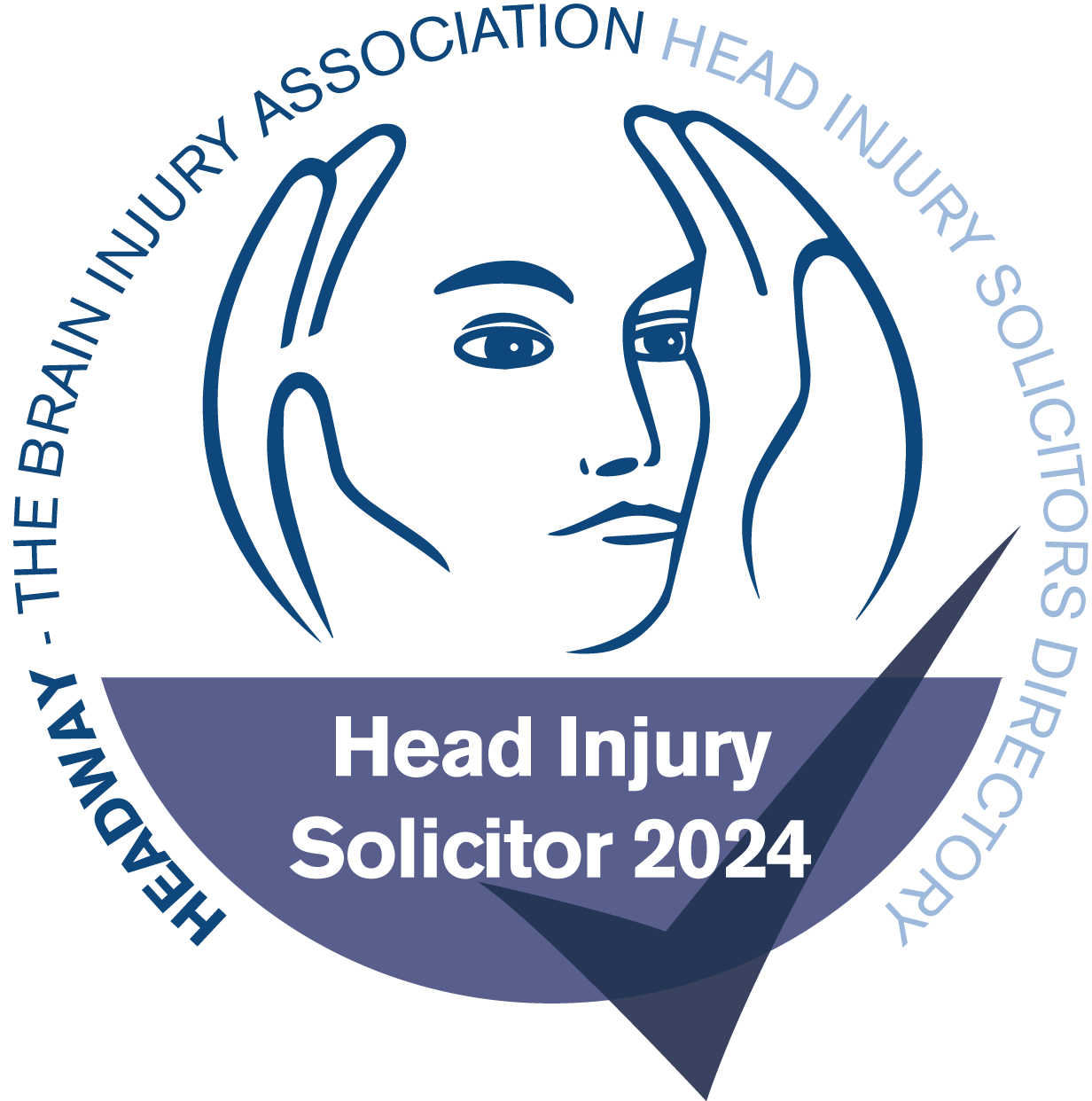New evidence collected by the Teenage Cancer Trust suggests that the misdiagnosis of cancer in UK teenagers is still all too common and continues to present serious challenges to our health system.
There exists a consensus within the medical community that earlier diagnosis of cancer can help a patient’s survival prospects, and as such when signs of the disease are presented to GPs, they should act with vigilance. Despite this, UK teenage cancer survival rates lag behind those of our European counterparts, and in 46% of cases there is a late diagnosis of cancer at an advanced stage of the disease. This has been linked with the fact that teenage cancer patients are very often the last to be diagnosed with the disease, with around half of them having to present to a GP with persistent symptoms at least 3 times before being referred for further testing. According to the Department of Health this is an example poor patient care and experience in some NHS trusts. It may be in such cases that clinicians have been negligent in misdiagnosing the cancer, and/or diagnosing it too late, where a reasonable medical professional would have diagnosed it at an earlier stage.
We must remain mindful that cancer in teenagers is in fact relatively rare, with the average GP perhaps expected to oversee one case within a 20 year timeframe. What’s more, the symptoms are often very vague, and reminiscent of several far less harmful conditions. They include the likes of sustained pain, strange lumps, bumps or swellings, significant weight loss, extreme tiredness and changes in the colour or shape of a mole. Whilst it’s understandable, and probably advisable that GPs do not immediately surmise their patients are suffering from cancer if they experience one or more of these symptoms, a persistent refusal to do so at all seems to have impacted our ability as a nation to tackle the disease and increased misdiagnosis of cancer in UK teenagers.
More and more families are reporting difficulties in being taken seriously as regards their teenage cancer worries according to statistics by the Teenage Cancer Trust; in Scotland for example, teenage cancer victims are on average only referred for testing after presenting 4+ times to their GP. Nationwide, around 16.5% of young adults with cancer are not initially referred and are misdiagnosed with common infections, a further 10% are told to come back within a given timeframe (sometimes as much as 3 to 5 months) if symptoms persist. Perhaps most worrying; another 10% are told not to worry about their symptoms – some are even explicitly told they do not have cancer.
The Teenage Cancer Trust advocates increased public awareness of the disease in teenagers, in the hope that teaching people to recognise some of the disease’s more prominent symptoms can help GPs avoid cancer misdiagnosis and combat the disease with greater success. Better understanding of cancer also reduces the burden on doctors, who might otherwise be swamped with panicking patients concerned that their ailments are not being taken seriously enough. This is of course is all well and good, but as long as misdiagnosis of cancer continues in relation to UK teens, concerned parents will continue to seek legal advice and support on how to address it.
Enquiring About Cancer Misdiagnosis Compensation
If you or a family member’s cancer has been misdiagnosed, you may be entitled to cancer misdiagnosis compensation. Contact us today to speak to a specialist clinical negligence solicitor in Essex. Blackwater Law has one of the leading teams of personal injury lawyers in the country, as recognised by The Legal 500 – an independent directory of the UK’s top law firms.
Call Blackwater Law today on 0800 083 5500 for free initial legal advice and an answer to whether you or your family member may be entitled to compensation for cancer misdiagnosis.





